 The debate over birthright citizenship is alive, well, and still happening in polite circles. At least this is true in Federalist Society circles, here with Gerald Walpin on one side and David B. Rivkin, Jr. and John C. Yoo on the other. This debate turns on readings of the 14th Amendment, but history undergirds the analyses. And no one gets it quite right. You can read the full exchange here.
The debate over birthright citizenship is alive, well, and still happening in polite circles. At least this is true in Federalist Society circles, here with Gerald Walpin on one side and David B. Rivkin, Jr. and John C. Yoo on the other. This debate turns on readings of the 14th Amendment, but history undergirds the analyses. And no one gets it quite right. You can read the full exchange here.
I’m sympathetic to the story that Rivkin and Woo tell, one that brands Dred Scott an exception and an error. But they overlook the degree to which in Congress, constitutional conventions, and state high courts, disagreement surrounded the matter of birthright. They posit:
“With the exception of a few years before the Civil War, the United States followed the British rule of jus solis (citizenship defined by birthplace), rather than the rule of jus sanguinis (citizenship defined by that of parents) that prevails in much of continental Europe.37 As the 18th century English jurist William Blackstone explained: “The children of aliens, born here in England, are generally speaking, natural-born subjects, and entitled to all the privileges of such.”After the Civil War, congressional Republicans drafted the 14th Amendment to correct one of slavery’s grave distortions of our law. In Dred Scott v. Sanford, Chief Justice Roger Taney found that slaves, even though born in the United States, could never become citizens.”
This analysis does not get us very far because it mistakenly limits the reach of Taney’s decision in Dred Scott to slaves. The Chief Justice’s primary target was not slaves at all — it was instead free people of color. When we remember that free African Americans were the subjects of Taney’s ruling, it points us to the long and complex debate about whether free black Americans were citizens by virtue of birthright. The story of birthright citizenship is not then a seamless path between the Constitution and the 14th Amendment. Instead, it is a story of mis-steps, conflicts, and dead ends.
I agree with Rivkin and Woo that the 14th Amendment did not invent birthright even as it constitutionalized it. But how the nation arrived there requires a closer examination of how free black Americans troubled the question for the preceding half-century.



 My research into early 19th century citizenship debates has long resonated for me with today’s wrangling over the status of unauthorized immigrants. Here, for the Washington Post’s “Made By History” series, I tell the long story of how the 14th Amendment’s birthright provision, has worked for and against those claiming a place in the United States.
My research into early 19th century citizenship debates has long resonated for me with today’s wrangling over the status of unauthorized immigrants. Here, for the Washington Post’s “Made By History” series, I tell the long story of how the 14th Amendment’s birthright provision, has worked for and against those claiming a place in the United States. On the 4th of July, Independence Day in the United States, Frederick Douglass’s “What to the Slave is the 4th of July” circulates widely. In my own research, I’d come across a similar oration by Baltimore’s William Watkins. I wrote about it briefly here.
On the 4th of July, Independence Day in the United States, Frederick Douglass’s “What to the Slave is the 4th of July” circulates widely. In my own research, I’d come across a similar oration by Baltimore’s William Watkins. I wrote about it briefly here.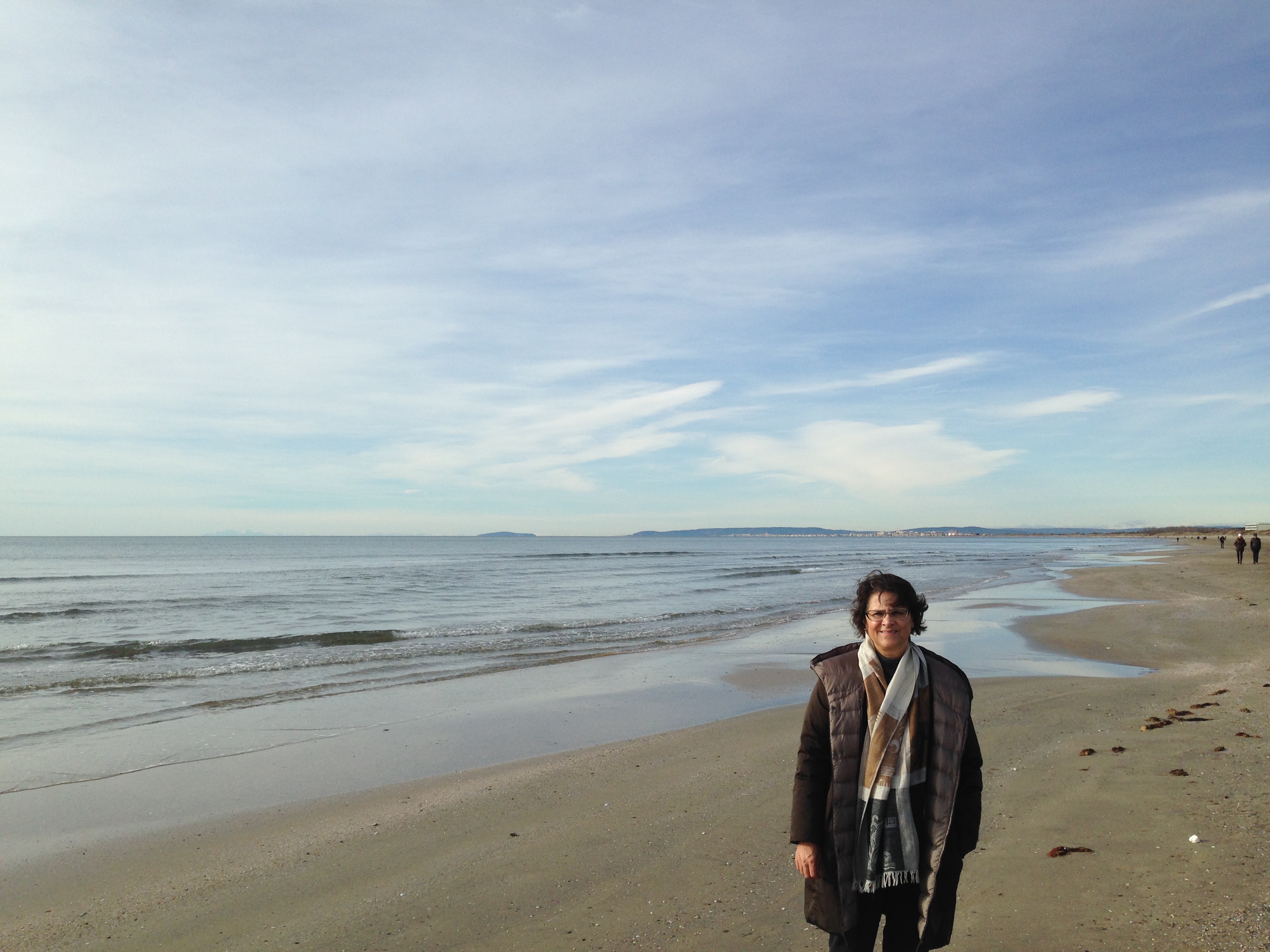
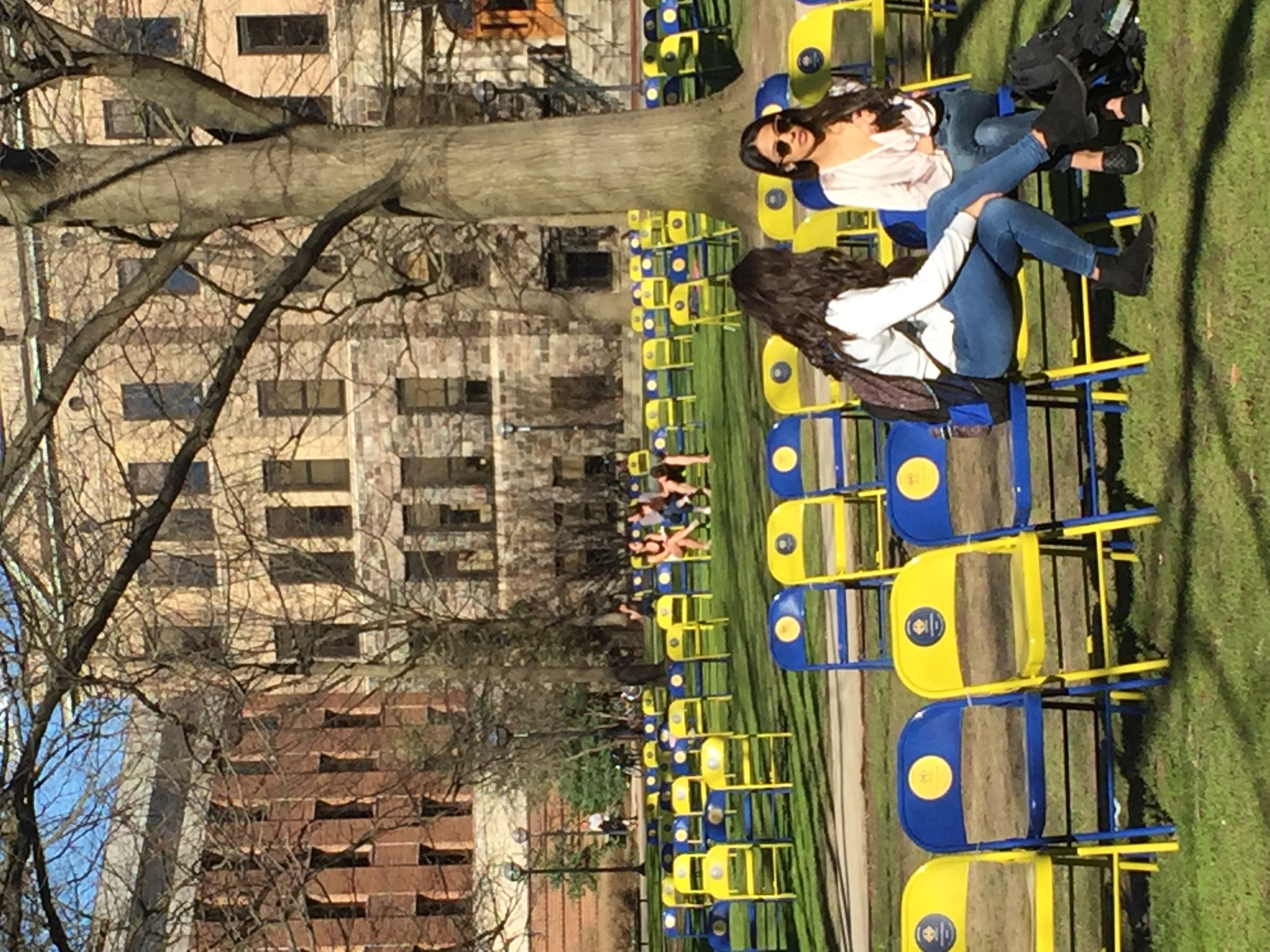
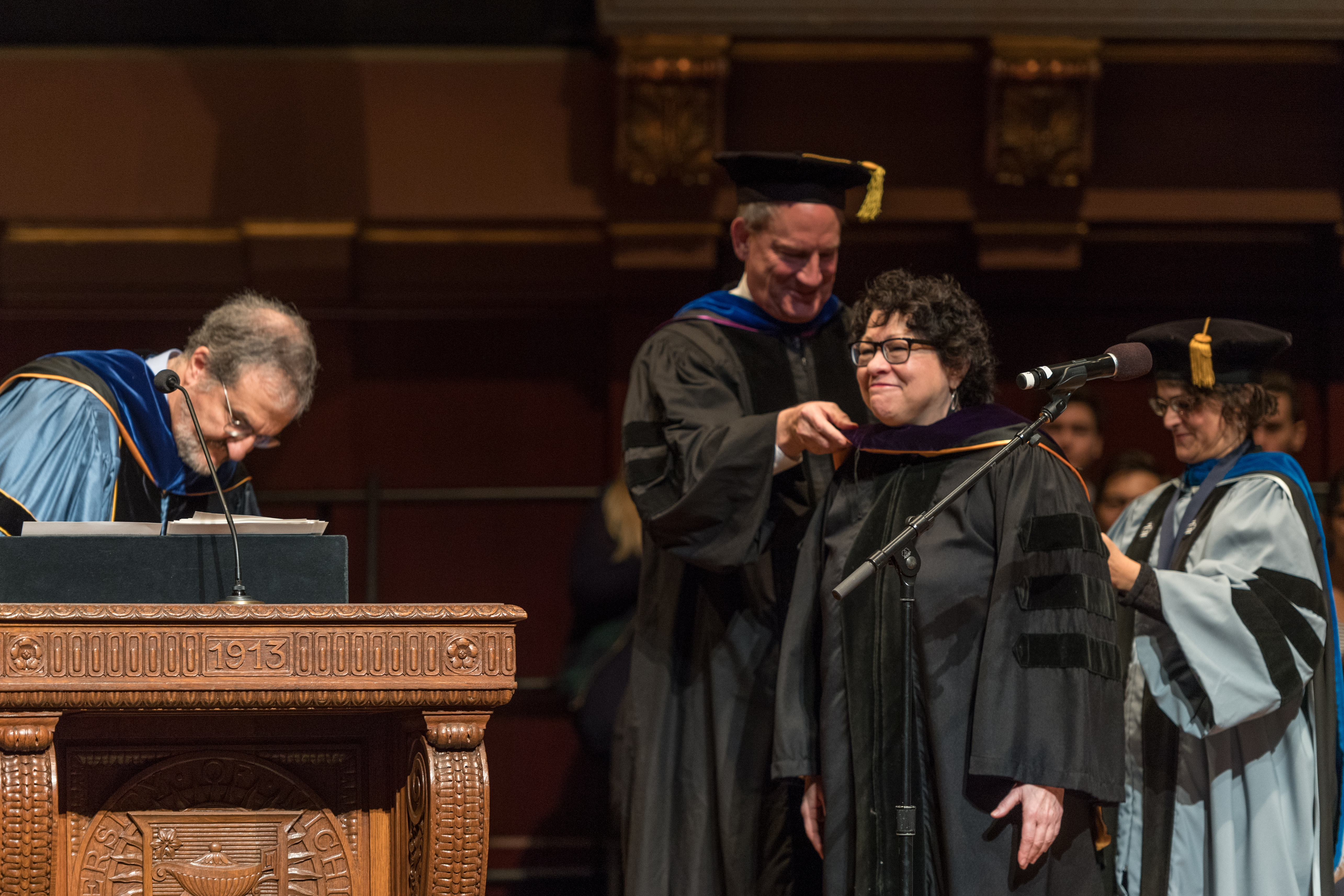
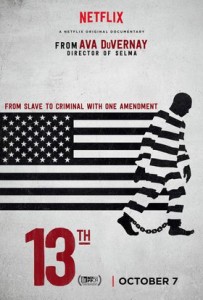 “The 13th Amendment’s loophole gave license to a system that has brutalized black and brown men and women in the United States. DuVernay’s 13th responds by asserting a fierce, relentless humanity that neither law nor the systems it has set in place can extinguish.”
“The 13th Amendment’s loophole gave license to a system that has brutalized black and brown men and women in the United States. DuVernay’s 13th responds by asserting a fierce, relentless humanity that neither law nor the systems it has set in place can extinguish.”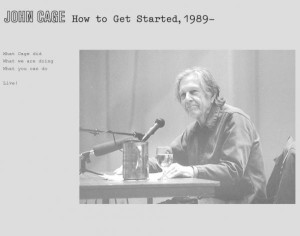 I blame my colleague, curator Amanda Krugliak, for persuading me to put my thoughts out there in a new form — performance. Not just any performance, mind you. I’m taking part in a
I blame my colleague, curator Amanda Krugliak, for persuading me to put my thoughts out there in a new form — performance. Not just any performance, mind you. I’m taking part in a